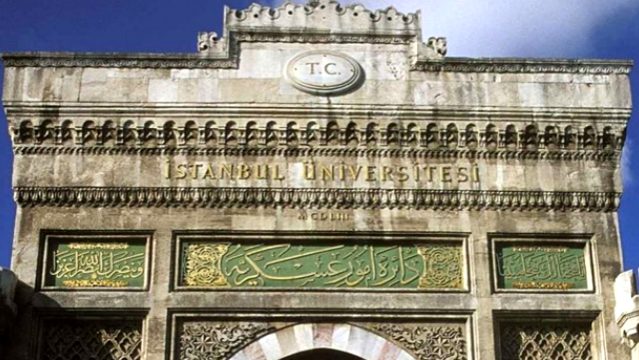
IS TURKEY THE CONTINUATION OF THE OTTOMAN EMPIRE?
Recently, the Saudi Arabian government issued a decree that pushed the state's founding date back to 1727 (perhaps to diminish the role of the United Kingdom), well before the previously recognized date of 1932. This date corresponds to when King Salman's great-grandfather, Muhammad bin Saud, ruled as the Emir of the small town of Diriyah in the eastern region of Arabia. According to this decree, the Kingdom of Saudi Arabia is considered the successor to this emirate.
Others have experienced this hysteria in the past. In the 1970s, Iran claimed to be the successor of Persia, while Tunisia asserted its connection to Carthage, and Iraq made the claim of being the continuation of the Babylonian Empire. Since the 19th century, the French Republic argued for its rights in the Eastern Mediterranean based on the remnants of the Crusades, and Italy attempted to conquer Africa by considering itself the heir of Rome.
Succession of State
The state comprises three elements: territory, population, and sovereignty. If it loses one of these elements, such as the country's destruction due to a natural disaster or the complete demise of the population, the state ceases to exist.
The element of sovereignty can be dissolved through means like dissolution, division, unification, annexation, or incorporation. In such a case, when the state's international legal personality ceases to exist, the issue of the state's succession or inheritance arises. This matter has been examined from various aspects in constitutions and international law.
Czechoslovakia dissolved itself and two separate states, the Czech Republic and Slovakia, were established in 1992. Yugoslavia split into six separate states in 1990. Tanganyika and Zanzibar merged to form Tanzania in 1964. In 1965, Singapore separated from Malaysia, and in 1971, Bangladesh became independent from Pakistan. In 1910, Japan annexed Korea, and in 1938, Germany annexed Austria. In 1990, East Germany was reunited with West Germany.
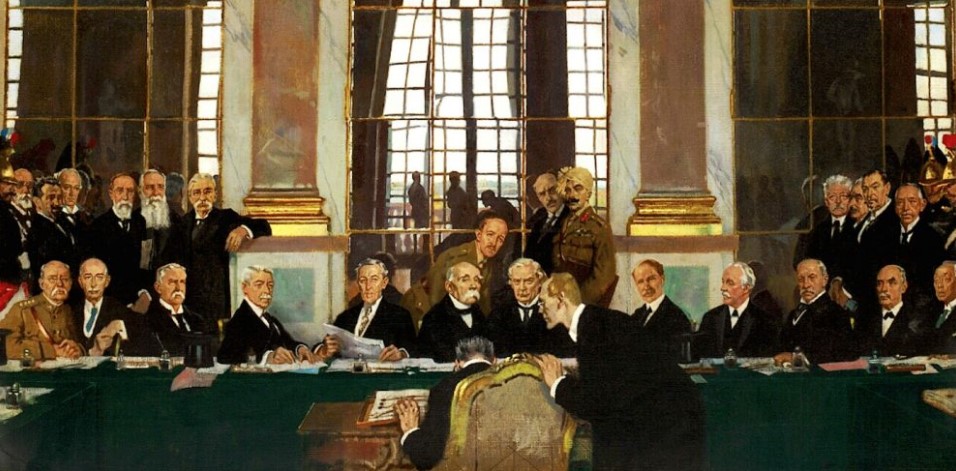
I am the State!
What happens if the third element, sovereignty, changes in form and spirit while the first two elements are still present? Even if the form of sovereignty changes, the state continues.
In constitutional law, the principle of the continuity of statehood is the result of the state having a legal personality separate from individuals. Even if the rulers change, the state remains the same. This means that actions, treaties, laws, appointments, ranks, and medals made in the name of the state remain in place.
Louis XIV of France, who famously declared "L'État, c'est moi" (I am the state!), said on his deathbed, "Je m'en vais, mais l'État demeurera toujours" (I am going, but the state will always remain). The ancient Turks used to say, "il gider, töre kalır," which means the government may change, but the law remains the same.
According to some, the state is an imaginary concept that is the product of the mind. The essence lies in the authority (sovereignty), which takes on a tangible form, namely the government. Therefore, government and state are not different entities.
Others make a distinction between the state and the government. For example, the republic represents the state, while democracy represents a form of government. There can be a monarchic democracy or an authoritarian republic. Even in such cases, can a change in the system be viewed as a routine change in government, just like a change in regime?
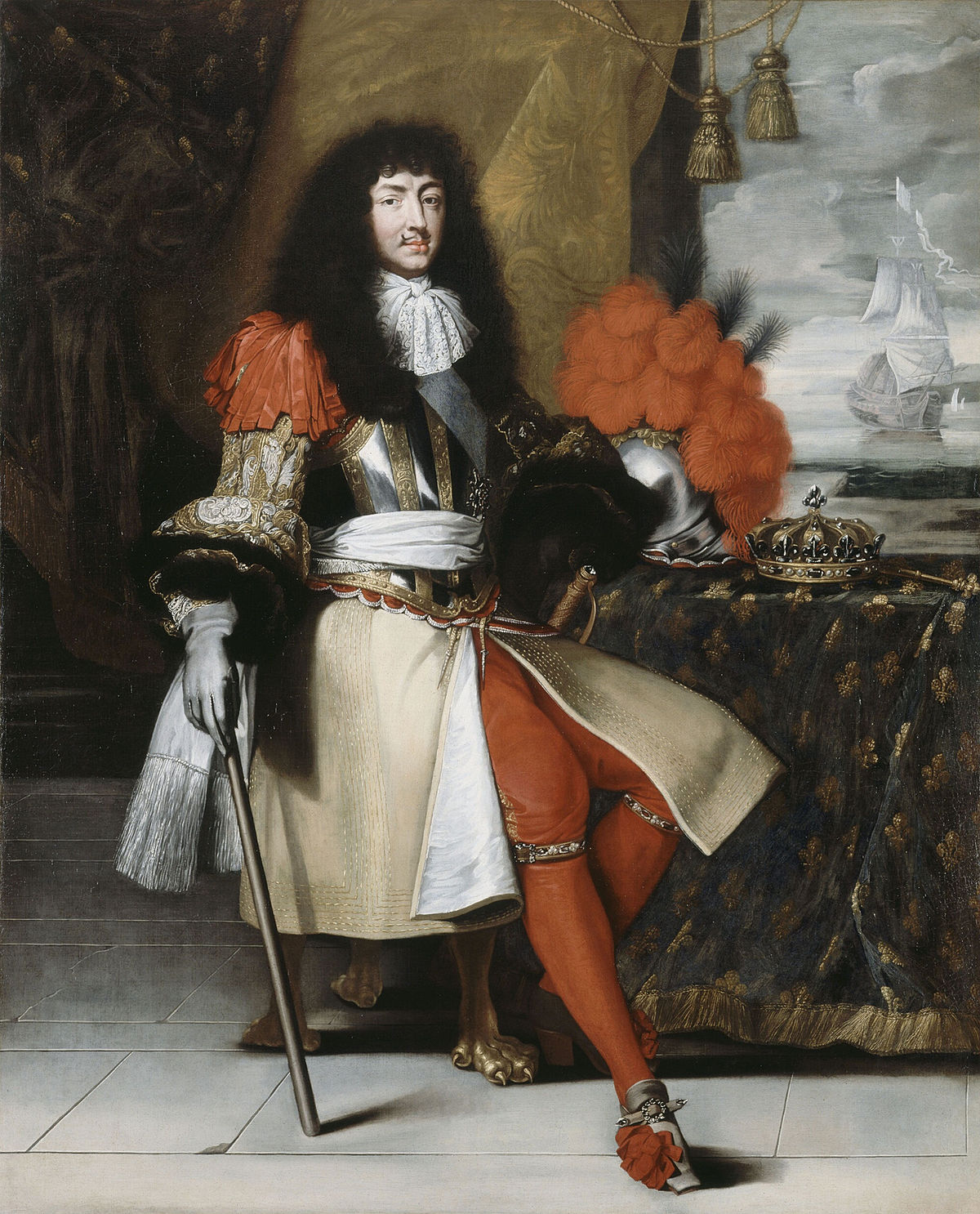
Wilson, Why?
When all or part of the territory belonging to one state falls into the hands of another state, it is not a continuation but a succession. Similarly, if a state (such as Yugoslavia, Soviet Russia, Czechoslovakia) is fragmented, each fragment is not a continuation of the previous state but is considered its successor.
After World War I, with the contribution of Wilson's principle of self-determination, many new nation-states were established on the former empires. A similar situation arose after World War II with the end of classical colonialism. Like the empires of Rome, Genghis Khan, and Timur, the Austrian, Russian, and Ottoman empires also dissolved, giving rise to various states of different sizes.
When Austria-Hungary dissolved, the Austrian Republic's constitution declared that it was the continuation of the empire. When Yugoslavia disintegrated, the claim that Serbia and Montenegro were the successors of the former Yugoslavia was rejected by the United Nations, but when the Soviet Union disbanded, Russia's status as the successor of that state was accepted.
There have often been challenges when newly formed states are expected to accept the continuation of previously signed agreements. The 1978 Vienna Convention on Succession of States in Respect of Treaties recognizes the principle of succession of a new state.
The recognition in international law means something different. It signifies the legal and political acknowledgment of a newly emerged state by another state or states. It is a matter of acceptance; otherwise, it does not significantly impact the reality, that is, the existence and activities of that state. For example, the Treaty of Lausanne is a document that acknowledges the recognition of the Republic of Turkey by the Western bloc.
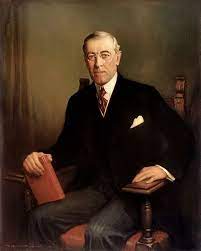
Mere Perception?
What if it's not a change of ruler but a change in the regime? In this case, it means that the essence of sovereignty has changed. Some scholars do not attach much importance to this and argue that as long as these three elements are present, the state continues. So, the Robespierre's France is the continuation of the Kingdom of France; Soviet Russia is the continuation of Tsarist Russia; Austria is the continuation of the Habsburg Empire; and the Republic of Turkey is the continuation of the Ottoman Empire.
The Abbasid Empire initially dissolved; then, it fell under the control of the Mongols. Can the Ilkhanids be considered successors to the Abbasids? Al-Andalus was invaded by the Spaniards. Furthermore, local institutions, including Arabic and judges, were left in place. Is the Kingdom of Spain a continuation of the Al-Andalus Sultanate?
Did the French revolutionaries consider themselves the successors of the Bourbons? What about the Bolsheviks? It is very clear that they did not see themselves as the continuation of the Tsarist regime. Hitler did not value the Kaiser, who was living in exile nearby. On the other hand, Franco, during his 40-year dictatorship in Spain, did not abolish the monarchy system; he handed it back to the royal family when he left.
The most important criterion here is not only how outsiders and insiders perceive but how those in authority see themselves. Of course, mere "perception" alone doesn't convey much. What truly matters is the political consciousness of the rulers and the people, the mission and spirit of the state.
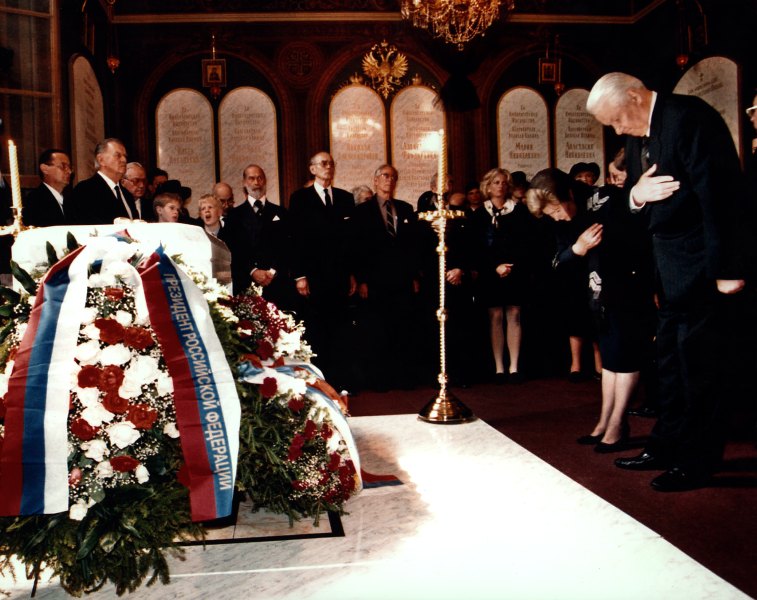
Ungrateful Heir
In 1920, the Ankara Assembly aimed to function as the Ottoman Assembly, and the Ankara government claimed to exercise authority on behalf of the Sultan/Caliph until he was liberated from enemy captivity. They declared this on various occasions, and the first issue they discussed was the livestock tax law that was being considered in the Ottoman Parliament.
The reality was different. It soon became apparent that this was a pragmatic image to be projected outward for a transitional period. In reality, from the Sivas Congress (September 1919) to the abolition of the monarchy (November 1922), there were two separate states, one centered in Istanbul and the other in Ankara. However, openly stating this was not possible given the conditions of that time.
The founding cadres of the Turkish Republic were Ottoman bureaucrats, but their mindset was not Ottoman. Institutions that were not seen as contradictory were transformed into the institutions of the new state out of necessity. Everything from the army to the appellate court, from the land registry office to the universities, was inherited from the empire. Stamps with the imperial seal were affixed to letters for years, and Ottoman currency circulated in the market.
Everything outside of this, individuals, principles, institutions, has been erased from history; almost all of their characteristic elements have been removed. The disconnect between the two is very evident. It can't go beyond a necessary inheritance; it is not continuity.
One must not forget that the nation-state and the empire belong to two very different worlds conceptually. For a long time, the nation-state has behaved toward the empire like an ungrateful heir, cursing its heritage instead of understanding its essence.
Considering? Or Being Considered?
Turkey's abandonment of its claims in Egypt and Cyprus during the Treaty of Lausanne seemed to indicate a form of continuity. In fact, the arbitrator for the issue of Ottoman debts, Professor Borel, stated that the Republic of Turkey, according to international law, is the continuation of the Ottoman Empire and cannot be considered as a successor in terms of assuming the debts, similar to Syria and Iraq.
It is not difficult to understand that the reason for this was to secure the debts. Objections were made to Borel on the grounds of territorial losses and radical political transformation. This transformation is more substantial than that of the French Republic, the Third Reich, and the Soviet Union. Moreover, at that time, Ankara vehemently denied being the continuation of the Ottoman Empire.
Changing the government and regime is different from succession and continuity. Even if the government, regime, or even the state changes, international treaties and debts, as well as legal statuses like laws and property, continue unless properly revoked. State property becomes the property of the new state, and the people are considered citizens of the new state. This is not continuity; it is succession, inheritance.
In England, the actions of the Cromwellian period were not rejected when the monarchy was reinstated. Similarly, the revolutionaries in France remained faithful to the treaties of the Kingdom of France. The Republican government accepted the external debts left from the imperial era.
On the other hand, the Soviet Union not only denied being the continuation but also refused to acknowledge the succession of Tsarist Russia. However, when communism collapsed, one of the first steps was to accept the debts of the Tsarist era.
The Greatest Evil
The founding cadre of the Republic, led by Mustafa Kemal Atatürk, consistently declared that the Ottoman Empire had collapsed and that the Republic of Turkey was a new state, emphasizing that the Republic was not a continuation of the empire. To seek to change this status of the state is still considered a constitutional offense today.
Falih Rıfkı, a journalist from Atatürk’s inner circle stated that with the abolition of the monarchy, the Ottoman Empire collapsed, and on its remnants, a new Turkish state was born (Çankaya). Politician and bureacrat Asım Us argued, "The Republic of Turkey should not be seen as a continuation of the old Ottoman Empire" (Gördüklerim Duyduklarım Duygularım).
After the law proclaiming the republic was adopted on October 20, 1923, Yunus Nadi, journalist and a member of the Constitutional Assembly, stated, "The First Grand National Assembly of Turkey has established a new and important state in the East with its fundamental organization" (Mazhar Müfid, Atatürkle Beraber, II/597).
Indeed, the reforms were a deliberate break from the past, a decisive rupture with the roots of the Seljuk and Ottoman heritage. In his Nutuk (The Great Speech), Mustafa Kemal stated, "Working to sustain the Ottoman dynasty and sultanate was, of course, the greatest evil against the Turkish nation. It was necessary to rebel against the Ottoman Government, the Ottoman Sultan, and the caliph of the Muslims and incite the entire nation and the army to rebellion" (I/14). In the jargon of revolutionary history, this is referred to as the War of Independence, and since Anatolia was not a colony, independence implied the creation of a new state. Therefore, in Nutuk, the Ankara Assembly is seen as a founding assembly, not a regular parliament (I/421).
Turkey's former President Kenan Evren, during his official visit to the United Kingdom in July 1988, had a state banquet at the palace, and Queen Elizabeth clearly stated that Turkey had taken the place of the Ottoman Empire.
.jpg)
“The Ottoman Empire Is Buried Deep in History!”
Mustafa Kemal repeatedly stated this matter as follows:
"New Turkey has no connection with old Turkey. The Ottoman government has gone down in history. Now a new Turkey is born." (Nutuk, II/43)
"New Turkey is not the old Ottoman Empire." (Statement given to Le Journal correspondent Paul Herriot on 25/XII/1922. Hâkimiyet-i Milliye, 2/I/1923)
"The entire world has seen and understood that the Ottoman Empire has disappeared. Our state has brought a new state into existence, called the Turkish state. Unfortunately, the Ottoman state has perished." (Izmir, 31/I/1923)
"The Ottoman state has completely collapsed (has been destroyed). The Law on Fundamental Organization (constitution) is a law that recognizes and declares that the Ottoman Empire has passed away, and in its place, a new Turkish state is established." (Izmir Economic Congress, 17/II/1923)
"Today, Albania, Bulgaria, Romania, Greece, Yugoslavia, and Turkey are the historical results of the gradual disintegration and ultimate burial of the Ottoman Empire." (Balkan Conference, 25/X/1931)
After the founder of the Republic stated these, who can say otherwise?
.jpg)
Ottoman Romanticism
The argument that "Turkey is the continuation of the Ottoman Empire" is a natural consequence of the official ideology promoted after the pro-American coup on September 12, which is known as the Turkish-Islamic synthesis. It was also part of the Green Belt project intended to counter the Soviets in the late stages of the Cold War. Similar to the Pan-Turkism ideology championed by the British from the 1850s onwards for the same purpose.
Over time, this argument has evolved into a tool used to reconcile reactions against republican principles and legitimize political actions and some military operations by capitalizing on the historical charisma of the Ottoman Empire. Similar to the German romanticism of the past century, an Ottoman romanticism has emerged.
According to this view, Turks have never been without a state in any period of history. One of these states, known as the Great Turkish Khaganate, became a symbol of national identity. The Huns, Göktürks, Uighurs, Karakhanids, Seljuks, Ottomans, and finally Turkey are all manifestations of this ideal known as the eternal state. What the Ottoman Empire was, Turkey is.
According to this logic, Italy is the continuation of the Roman Republic, Mongolia is the continuation of the Mongol Empire, Egypt is the continuation of Ancient Egypt, and Mexico is the continuation of the Aztec Empire. Syria, Iraq, Lebanon, Jordan, and even Israel could be seen as the continuation of the Ottoman Empire. Ottoman bureaucrats governed these regions, and Ottoman institutions and laws remained in effect there until relatively recently. However, when you consider the personal and ideological differences between Sultan Mehmed VI Vahideddin, who is considered the 127th Turkish ruler, and his successor, this idea gains even more significance.
Every state is founded with the hope of having a long life. The Ottomans used this term with the mission and vision that existed during the time of Osman Ghazi, hoping for the continuity of the state. To say otherwise would be to reduce the empire to an ethnocentric viewpoint. This statement is not a prophecy of eternal life. No one can know this. It is also not possible to know it rationally. They probably read Ibn Khaldun, who said that states also have a lifespan. In Arabic, the word for state means "power passed from hand to hand."
.jpg)
Dangerous Enthusiasm
Some argue, "The Republic is the republic of the Turks, and the Ottoman Empire was also the Empire of the Turks, so the cultural, political, administrative, and legal continuity between the two is evident." Some go even further, speaking of an identity; they say that being a citizen of a state with a thousand years of history psychologically makes people feel more secure, happier, and freer. With an inclusive approach, they want to embrace this identity by saying, "Necip Fazıl is ours, Nazım Hikmet is ours," just as they say, "Atatürk is ours, Abdulhamid is ours," to affirm this similarity.
So, who was the Ankara Movement directed against? Why was the caliphate, which had been in the hands of the Ottomans for thousands of years, abolished? Why were the Ottomans, who were the most loyal Turkish family, sent into exile? Why was the thousand-year-old Turkish legal system and alphabet removed? Why were the tughras (insignia) and inscriptions scraped off the buildings? Why was there an aversion to everything reminiscent of the past? Why were institutions like the Court of Cassation, the Court of Appeals; the Council of State, the Council of Auditors all renamed? Why did the Ankara government consider it unacceptable to employ officials who were loyal to the Sultan?
Can the Republic be considered the political, legal, and cultural continuation of the empire? Is the state merely a complex of physical institutions? Is not the dominant spirit far more important? Saying "Turkey is the continuation of the Ottoman Empire" wouldn't it diminish Mustafa kemal and the Anatolian movement, making them appear like ordinary coup leaders fighting for power?
Even though the mission and institutions were the same, technically, the Ottoman Empire is not the direct continuation of the Seljuk Empire. Moreover, far from insulting the last Seljuk sultan who fell captive to the Mongols, during every janissary band concert, the Ottoman sultan would stand as a mark of respect to his memory. This illusion, used to serve dangerous purposes, distorts the Ottoman perception by putting it on a simple heroism.
.jpg)
Remnants of the Empire
According to Halil İnalcık, continuity can be discussed within certain contexts to a limited extent. The fundamental structure of a society, its beliefs and values, customs, and behavioral patterns can exhibit continuity over time. It's similar to how a person, even in old age, may not be able to rid themselves of the upbringing, experiences, and habits from their childhood and youth.
This does not mean denying historical heritage. It does not promote an unwarranted conflict between the old and the new. For someone whose grandfather was an Ottoman citizen, it is quite natural to feel a sense of belonging to the Ottoman Empire; however, this is something different. Just as assets are passed down from generation to generation, so are liabilities. Besides inheriting a golden heirloom from a grandfather, one might also inherit diabetes, myopia, or a cantankerous relative.
Turkey is not the continuation of the Ottoman Empire, nor is it exactly the same; however, it is a natural successor like the countries in the Middle East and the Balkans. As Murat Belge puts it, it is one of the nation-states, some small and some large, established on the remnants of the empire with the remaining materials. The difference lies in the dominant element being the Turks, who were also the dominant group in the empire, and the fact that the old capital city is within its borders.
Among these, perhaps it is not Turkey but Jordan, or maybe Egypt before 1952, or Syria and Iraq before 1970, that most closely resembles the Ottoman Empire in terms of legal, political, and cultural continuity. In fact, the scent of the fallen Ottoman Empire could be found more in places like Damascus, Cairo, Jaffa, Bosnia, Skopje, Constanta, and Komotini than in Anatolia.
Moreover, in spirit, the Ottoman Empire was effectively dismantled in 1908. After that, the country's regime underwent significant changes.
Just as it is not appropriate to keep a useless thing just because it is old, it is foolishness to throw away a useful thing just because it is old. Rationally preserving the legacy of the empire and embracing a sound and realistic perspective instead of wandering in the realm of fantasy would be more appropriate.
Önceki Yazılar
-
FRIENDS OF ENGLAND ASSOCIATON24.04.2024
-
THE ASIA MINOR CATASTROPHE OF GREEKS17.04.2024
-
HOW DID WOMEN VEIL, AND THEN HOW WERE THEY UNVEILED…10.04.2024
-
HOW CAN HISTORY BE BELIEVED?3.04.2024
-
THE OFFICIAL MADHHAB OF THE OTTOMAN EMPIRE27.03.2024
-
WHO ORDERED THE PLUNDER OF ISTANBUL?20.03.2024
-
THE PLAYS BANNED BY SULTAN ABDULHAMID IN EUROPE13.03.2024
-
WHAT WAS THE MISTAKE OF THE UMAYYADS?6.03.2024
-
UNRAVELING THE UMAYYAD PERIOD: TRIUMPHS, TRAGEDIES, AND TRUTHS28.02.2024
-
OTTOMAN PENAL CODE AND HOMOSEXUALITY21.02.2024